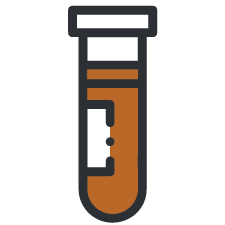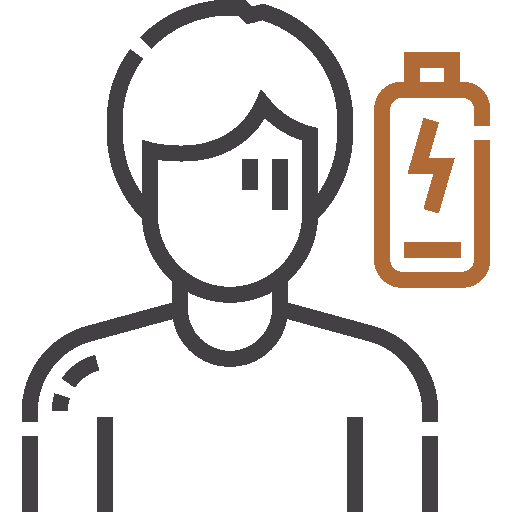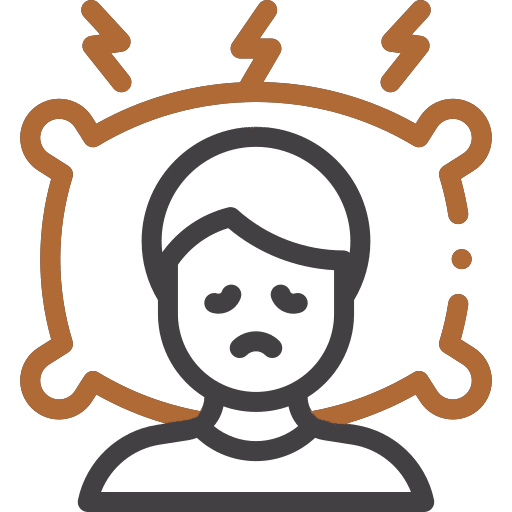Phentermine is an FDA-approved prescription medication primarily used as an appetite suppressant to aid in weight loss. More than 2 million prescriptions of Phentermine were recorded in 2021, making it one of the most widely used weight loss medicines. Phentermine is typically prescribed for short-term use in combination with a doctor-approved, reduced-calorie diet, exercise, and behavior change program to help treat obesity.
If you’re taking or considering phentermine, understanding how long it remains in your system is crucial, whether it’s for drug testing, managing side effects, or other medical considerations.












